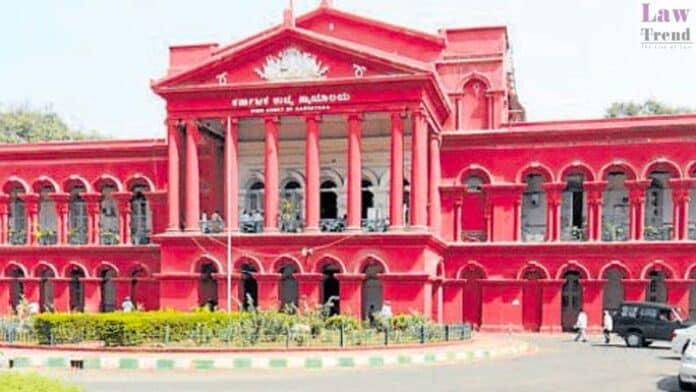In a landmark ruling, the Karnataka High Court has declared that a community cannot be segmented into different reservation groups for educational and employment purposes, thereby upholding the principles of equality and uniformity in the reservation system.
The decision emerged from a legal challenge posed by V Sumitra, a resident of Kollegal in the erstwhile Mysuru district. Sumitra contested the Karnataka government’s practice of classifying the Balajiga/Banajiga community under two separate reservation categories — Group ‘B’ for education and Group ‘D’ for employment. This bifurcation, she argued, was both discriminatory and unconstitutional.
Justice Suraj Govindaraj, presiding over the case, affirmed the petitioner’s stance, instructing the state to consistently categorize the Balajiga/Banajiga community as Group ‘B’ for both educational and occupational reservations. He highlighted that the state’s prior method contravened the constitutional guarantees of equality (Article 14) and the specific provisions aimed at social justice through affirmative action (Articles 15(4) and 16(4)).
The issue came to light after Sumitra, who was appointed as a primary school teacher in 1993 under the OBC quota, received a notice in 1996 stating her community was reclassified under Group ‘D’ for employment purposes, thus invalidating her reservation claim for her job.
Justice Govindaraj’s verdict noted, “The principle of equality before law under Article 14 encompasses equal treatment in the matter of reservations as well. The same community cannot be placed in different groups depending on the context — such a division is inherently discriminatory.”




